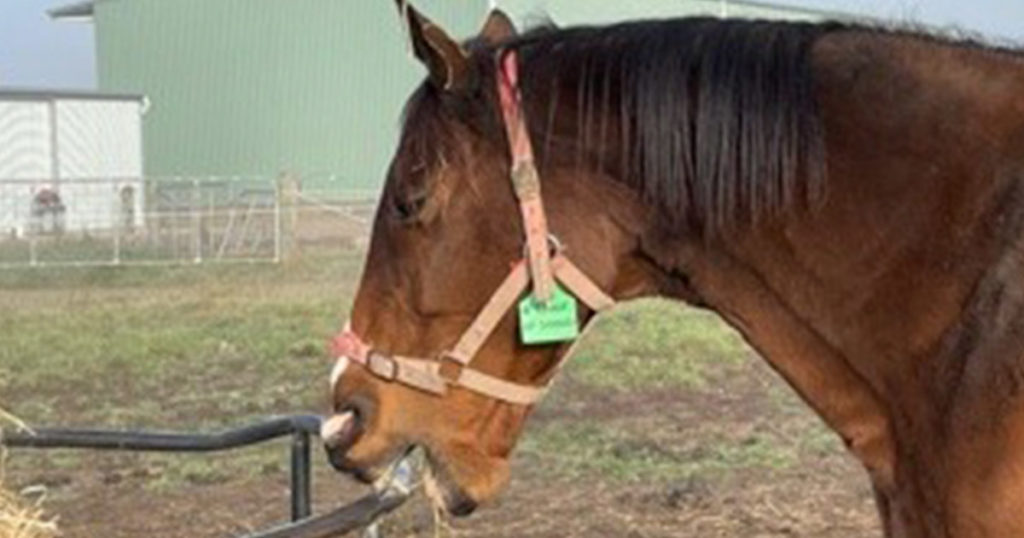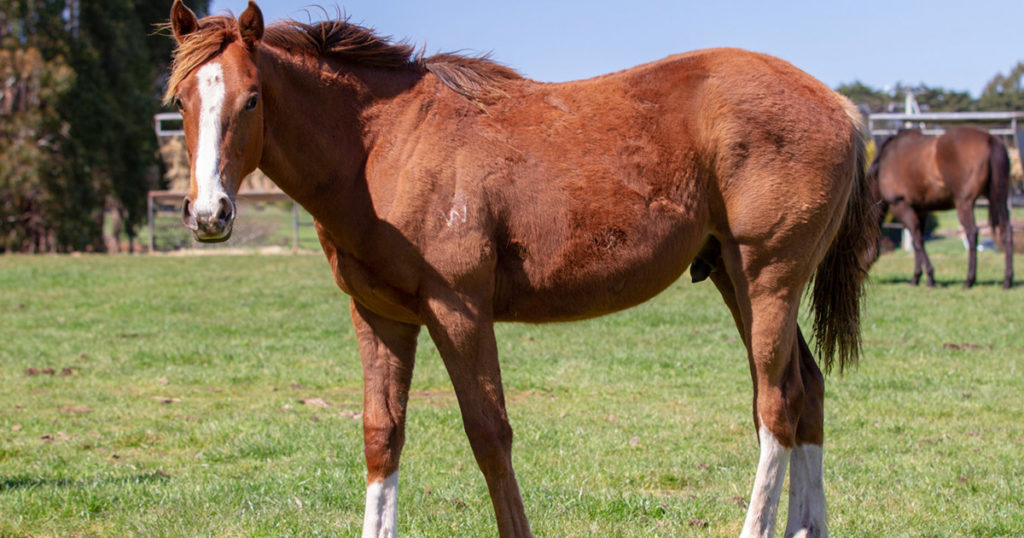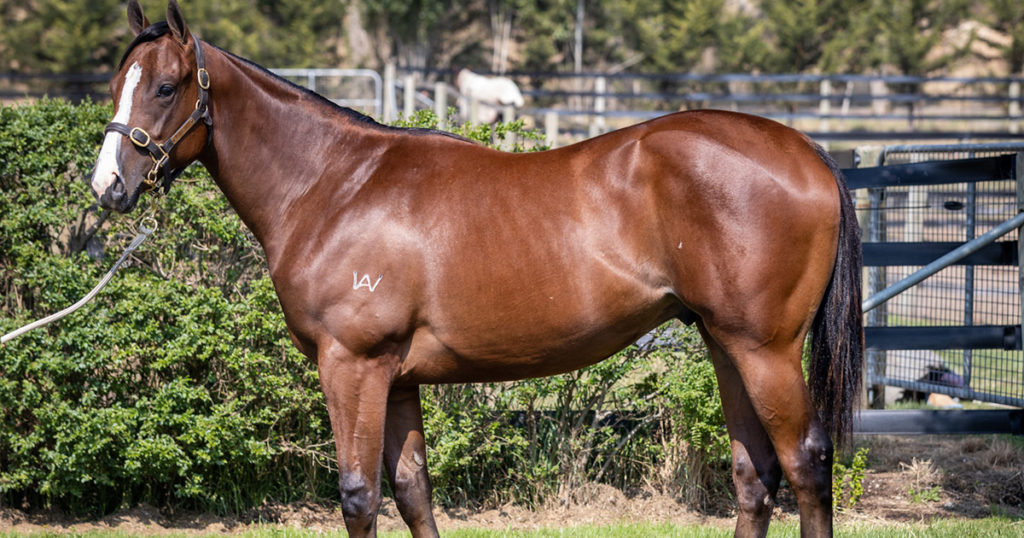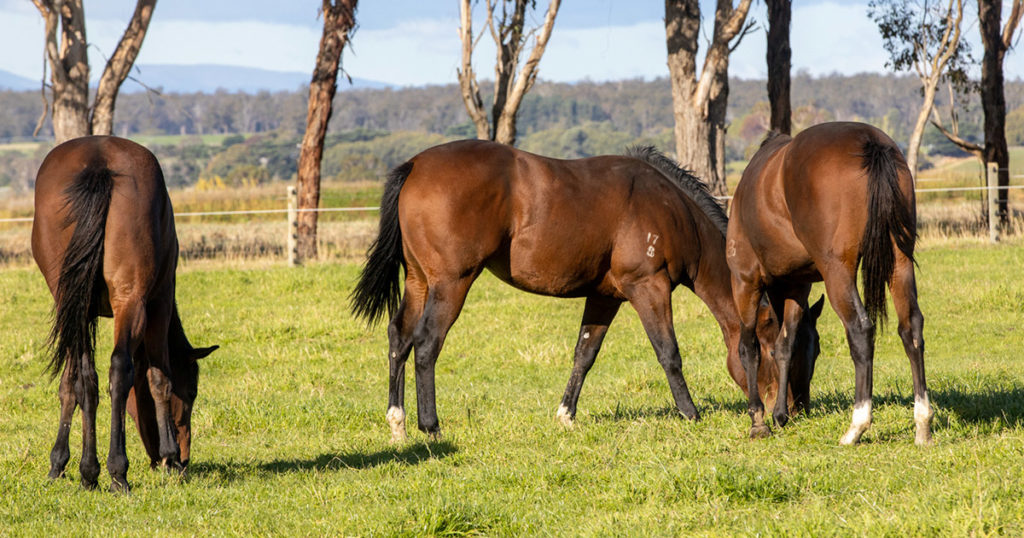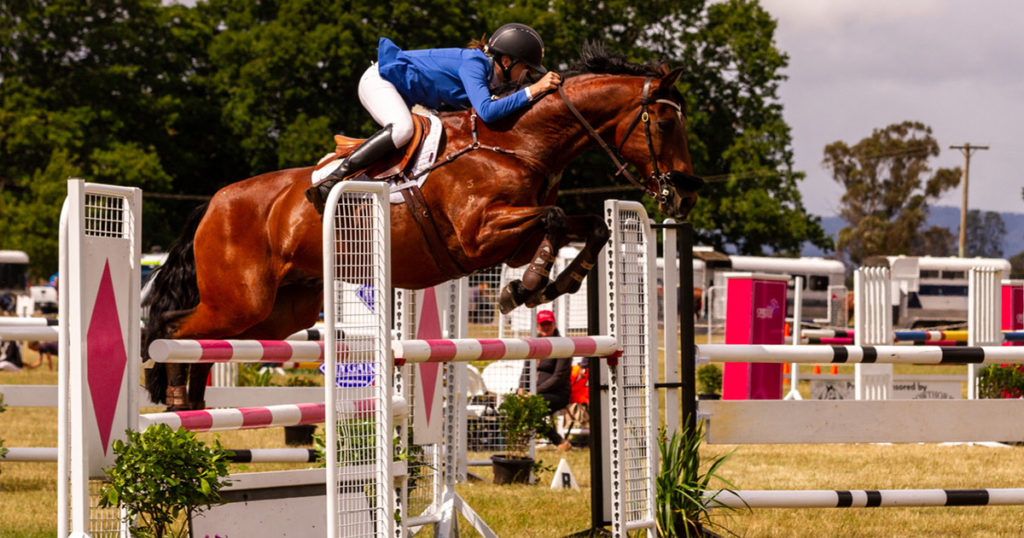Wind sucking or crib biting in horses is most likely to first occur in association with boredom and lack of forage/grazing. Most people are well aware that a diet high in long-stem fibre plays an essential role from a physiological and digestive standpoint in the horse. However, what is often overlooked is the crucial role constantly grazing, chewing and foraging has as a behavioural stimulus for the horse and the role this has in the brain. A key component of the equation is the role of neurotransmitters. Neurotransmitters are chemical messengers in the body, with some key neurotransmitters influencing specific portions of the brain, thereby effecting behaviour.
There are many physiological changes thought to go hand-in hand with wind sucking and crib biting. Changes in the microflora of the gastrointestinal tract (GIT) and acidity of the hindgut are believed to be associated with the condition- with a bidirectional relationship likely (ie poor gut microflora adversely influencing neurotransmitter production and function and inflammation, and changes in neurotransmitters and inflammatory mediators associated with altered gut flora driving the windsucking/cribbing).
Again a low fibre/forage diet plays an important component in adversely affecting gut microflora and acidity of the digestive tract. The use of certain medications such as antibiotics, NSAIDs (ie. bute and flunix) and ulcer medications also alter gut microflora. Low blood levels of specific antioxidants have also been demonstrated in horses which windsuck or crib.
The super-interesting part of these behaviours are the way they alter receptors in the brain. The act of windsucking or crib biting activates narcotic and dopamine receptors (‘feel good’ receptors) in the central nervous system, thereby rewarding the behaviour. Thus, the more a horse windsucks or cribs, the more their brain feels rewarded- similar to human drug and alcohol addictions. When we understand this, we can understand why wind sucking collars are ineffective in many cases.
Wind sucking and cribbing may be ‘simple behaviours’ but their causes and effects are complex!
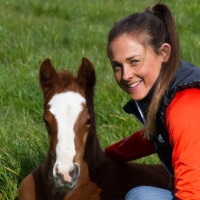
Camilla Whishaw is a highly regarded, experienced horsewoman and naturopath, helping to holistically treat and manage a broad range of equine health conditions and injuries, with a passion for mare and stallion fertility.
As a world-renowned practitioner, presenter, author, and consultant in the field of Equine Naturopathy, Camilla shares her knowledge through keynote presentations, interviews, lectures, panel sessions, and workshop training.

